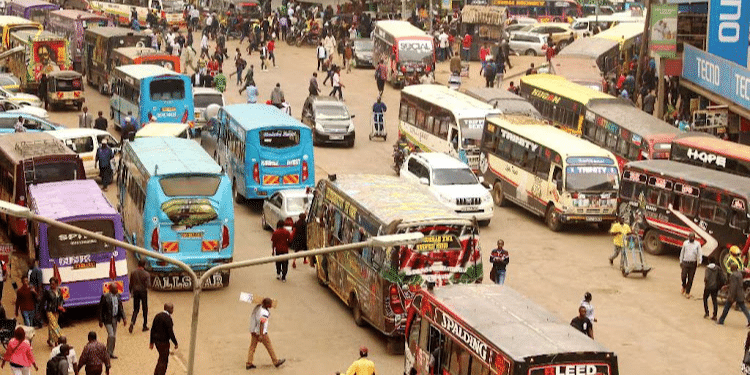After months of turmoil due to widespread political protests, Kenyan businesses are beginning to show signs of recovery. August marked a slight improvement in the country’s private sector, as firms gradually resumed normal operations, leading to a rise in activity levels for the first time since May. The latest data from the Purchasing Managers’ Index™ (PMI) revealed a headline figure of 50.6, up from 43.1 in July, indicating a marginal expansion in business conditions.
The easing of political unrest played a pivotal role in this recovery, with firms across various sectors reporting a resurgence in activity. According to survey panellists, the conclusion of political demonstrations allowed businesses to resume trading and complete pending work, particularly benefiting the services, wholesale & retail, and construction sectors. However, manufacturing and agriculture continued to struggle, with activity levels in these sectors still declining.
Slight Uptick in New Orders but Employment Takes a Hit
The rise in business activity was accompanied by a modest increase in new orders, though many firms noted that customer spending power remained weak. Despite this marginal improvement in sales following a sharp downturn in July, businesses opted to reduce their workforce, marking the first decline in employment in 2024. The reduction in staff numbers reflects ongoing concerns about the stability of the recovery, with firms remaining cautious amid uncertain market conditions.
Interestingly, despite the drop in employment, businesses increased their purchases of inputs for the first time in three months. This led to a slight build-up in input inventories, supported by an improvement in suppliers’ delivery times. The renewed focus on input procurement suggests that firms are preparing for a potential rise in demand, albeit with caution.
Cost Pressures Intensify but Inflation Remains Below Historical Trends
While business activity showed signs of recovery, cost pressures across the private sector intensified in August. Respondents to the survey cited rising import fees and increased tax burdens as key factors driving up input prices. The rate of overall input price inflation was the highest in six months, though it remained below the historical average, indicating that inflationary pressures, while present, are still relatively muted.
Selling prices also experienced a subdued rise, as firms attempted to pass on some of the increased costs to customers. However, this was partly offset by instances of price discounting, as businesses sought to attract customers in a competitive market environment.
Optimism Fades Despite Improved Conditions
Despite the modest improvement in business conditions, confidence among Kenyan businesses has taken a hit. The level of optimism regarding future activity levels dropped to its lowest point in the series’ history, with only 5% of companies expecting growth over the next 12 months. This decline in confidence reflects the ongoing uncertainty surrounding the country’s economic outlook, as firms remain wary of potential future disruptions.
The August PMI report highlights the fragile nature of the current recovery, with businesses cautiously navigating the post-protest landscape. While the resumption of normal operations has brought some relief, the road to sustained growth remains uncertain, and firms are likely to remain vigilant in the months ahead.





